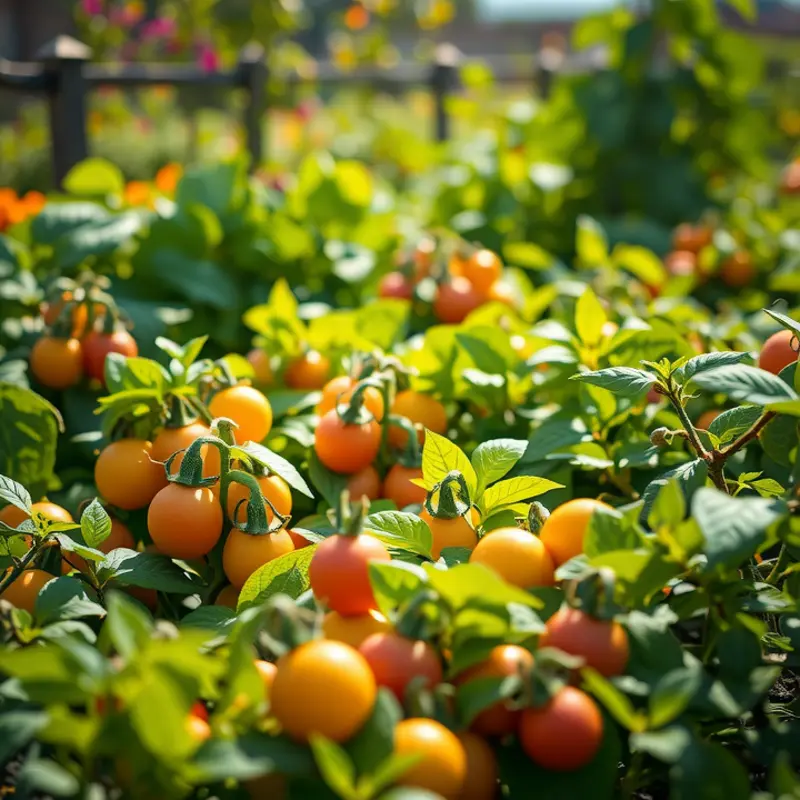Food uncertainty can create stress and anxiety, especially when trying to build mindful eating habits. In a world filled with fluctuating dietary trends and mixed messages about nutrition, many people find themselves overwhelmed. This guide offers practical insights and compassionate strategies to help you manage food uncertainty while nurturing your emotional health. Embrace a more mindful approach to eating that aligns with your values, so you can cultivate a positive relationship with food.
Understanding Food Uncertainty and Its Impact

In periods of unpredictability, food uncertainty becomes a significant concern. It often stems from not knowing where the next meal might come from or questioning the safety and availability of food products. This uncertainty affects not just the stomach but also the mind, leading to emotional turbulence and stress.
Food uncertainty can manifest in various ways. It might be the anxiety of choosing the “right” foods or the stress of managing a limited budget. Such pressures can cloud judgment and make it difficult to nourish both the body and the spirit. Awareness of these feelings is the first step toward managing them.
Emotional well-being is intertwined with our eating habits. When uncertain about food, individuals may engage in emotional eating, using food as a coping mechanism. Emotional eating doesn’t address the root cause but offers temporary solace. Identifying triggers is crucial. They can range from environmental cues, like a stressful workplace, to deeper emotional states, like loneliness or anxiety.
Developing awareness around these eating patterns is critical. When feeling stressed or overwhelmed, one might reach for food for comfort rather than nourishment. Recognizing these habits allows for mindful choices, shifting the focus from food as a reaction to an intentional act of self-care.
Consider trying mindful eating practices that encourage awareness and appreciation of food. Simple steps like savoring the aroma, texture, and flavors can ground the eating experience in enjoyment rather than obligation. By focusing on the sensory details, one can reclaim the act of eating from the grip of uncertainty and stress.
Additionally, setting up environments that support informed and low-stress food choices can alleviate some feelings of uncertainty. For guidance on how to create eco-smart kitchen storage, visit this link. Thoughtful organization can simplify meal preparation and contribute to a more serene approach to eating.
Ultimately, combating food uncertainty is not just about sourcing meals but finding clarity and peace in the choices we make daily. By understanding and addressing emotional triggers, it becomes possible to transform these times of uncertainty into opportunities for mindful eating and improved well-being.
Building Mindful Eating Practices Amidst Uncertainty

In times of uncertainty, focusing on mindful eating offers a path to both solace and clarity. Cultivating mindful eating habits begins by engaging fully with the sensory experience of food. Awareness is the cornerstone of this practice. Before consuming any meal, take a moment to observe the colors, textures, and aromas presented before you. This momentary pause allows you to tune into your senses and prepare your mind for a mindful eating experience.
Deliberate chewing is another powerful strategy for fostering mindfulness. Chew each bite thoroughly, paying attention to how the food feels and tastes on your palate. This simple act of slowing down can transform eating from a hurried necessity to a cherished ritual. By doing so, digestion and enjoyment both improve as you become more attuned to fullness cues, helping prevent overeating.
Combating the unpredictability of today’s food landscape requires adopting intuitive eating principles. Intuitive eating encourages you to trust your bodily signals, embracing hunger and satiation without judgment. Listen closely to your body’s needs and motivations, allowing internal cues rather than external pressures to steer your dietary choices. Distinguishing between emotional and physical hunger plays a pivotal role here. When cravings arise, pause and ask yourself whether the urge stems from hunger or emotional need.
Address emotional eating by identifying your triggers. Keep a food journal to gain insight into the emotional contexts surrounding your meals. Recording what you eat alongside accompanying emotions can reveal patterns and help nurture a kinder, more conscious relationship with food. Such mindful practices cultivate resilience, equipping you to handle emotional waves without turning to automatic eating.
Mindful eating also intersects with culinary diversity. Exploring global cuisines can inspire novel sensations, reinvigorating your appreciation for meals. Experimenting with new flavors not only challenges your palate but broadens your culinary perspective, offering a fresh lens through which to view food’s role in your life. More on culinary diversity can be found in global cuisine and food culture insights.
Lastly, remember that mindful eating is a personal journey without a fixed endpoint. Set aside judgment and approach each meal with curiosity and compassion. In doing so, you embrace a healthier and more balanced relationship with food. Trust in the process of becoming more present and attentive, cultivating peace amid uncertainty through intentional eating practices.
Final words
Nurturing mindful eating habits in the face of food uncertainty requires compassion towards ourselves and awareness of our choices. By recognizing triggers and practicing intuition, we can foster a healthier relationship with food. Remember to approach your meals as opportunities for nourishment, exploration, and joy, rather than sources of stress. You have the power to redefine your eating experience, allowing food to bring you comfort and vitality through mindful practices. Embrace the journey with an open heart and a curious mind.







